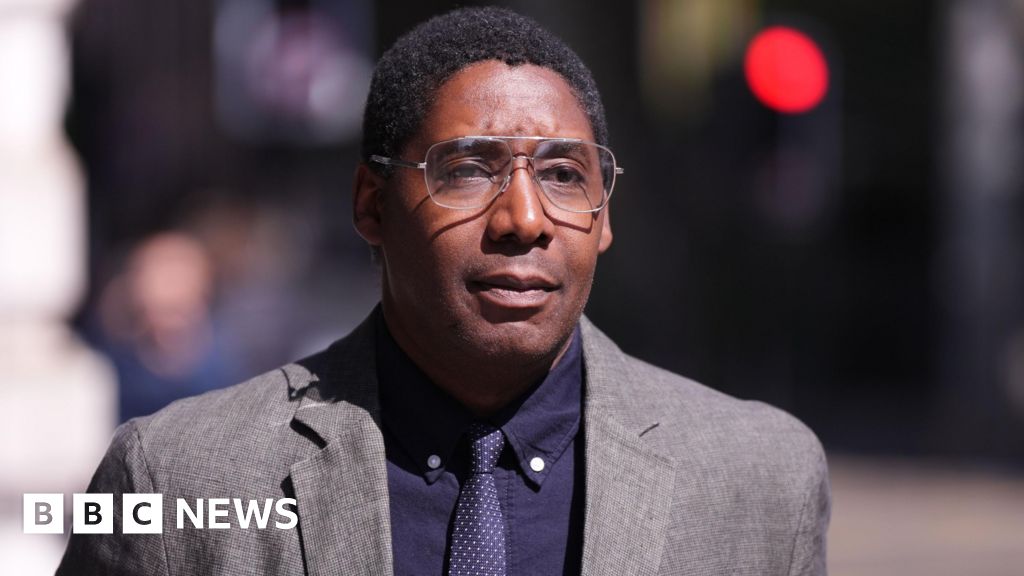Lee Jae-myung Poised for South Korean Presidency: A Nation's Choice After Martial Law Standoff

The events leading up to this election are steeped in a dramatic confrontation. Six months ago, Lee Jae-myung, then a prominent figure in the opposition, faced a critical decision when a sudden martial law decree was announced. Rather than comply with military cordons preventing movement, Lee made a bold move, navigating past the restrictions to exercise his right to vote. This act, viewed by supporters as a symbol of resistance against authoritarian measures and a commitment to democratic principles, quickly became a defining moment of the campaign. Critics, however, questioned the legality and appropriateness of his actions.
Lee Jae-myung's campaign has focused on addressing key economic and social challenges facing South Korea. He has pledged to tackle income inequality, strengthen social safety nets, and promote sustainable economic growth. His platform resonates with many voters who feel left behind by the current economic system. He has also emphasized the need for improved relations with North Korea, advocating for dialogue and peaceful resolution of tensions. A core promise revolves around reforming the chaebols (family-owned conglomerates) that dominate the South Korean economy, aiming to create a more level playing field for smaller businesses and startups.
This election is more than just a change in leadership; it represents a potential shift in South Korea's political landscape. The snap election was triggered by a confluence of factors, including public dissatisfaction with the previous administration's handling of economic issues and concerns over political corruption. Lee Jae-myung's projected victory suggests a desire for change and a willingness to embrace a more progressive agenda. The outcome will have significant implications for South Korea's domestic policies, its foreign relations, and its role in the international community.
While Lee Jae-myung’s victory appears likely, he faces numerous challenges ahead. He will need to navigate a potentially divided National Assembly and address the deep-seated economic and social issues that have fueled public discontent. Furthermore, his relationship with North Korea will be closely watched by the international community. However, Lee's victory also presents opportunities for South Korea to revitalize its economy, strengthen its social fabric, and play a more active role in addressing global challenges. The nation now looks to Lee Jae-myung to deliver on his promises and guide South Korea towards a brighter future, particularly in light of the symbolic defiance he demonstrated against the martial law decree.






